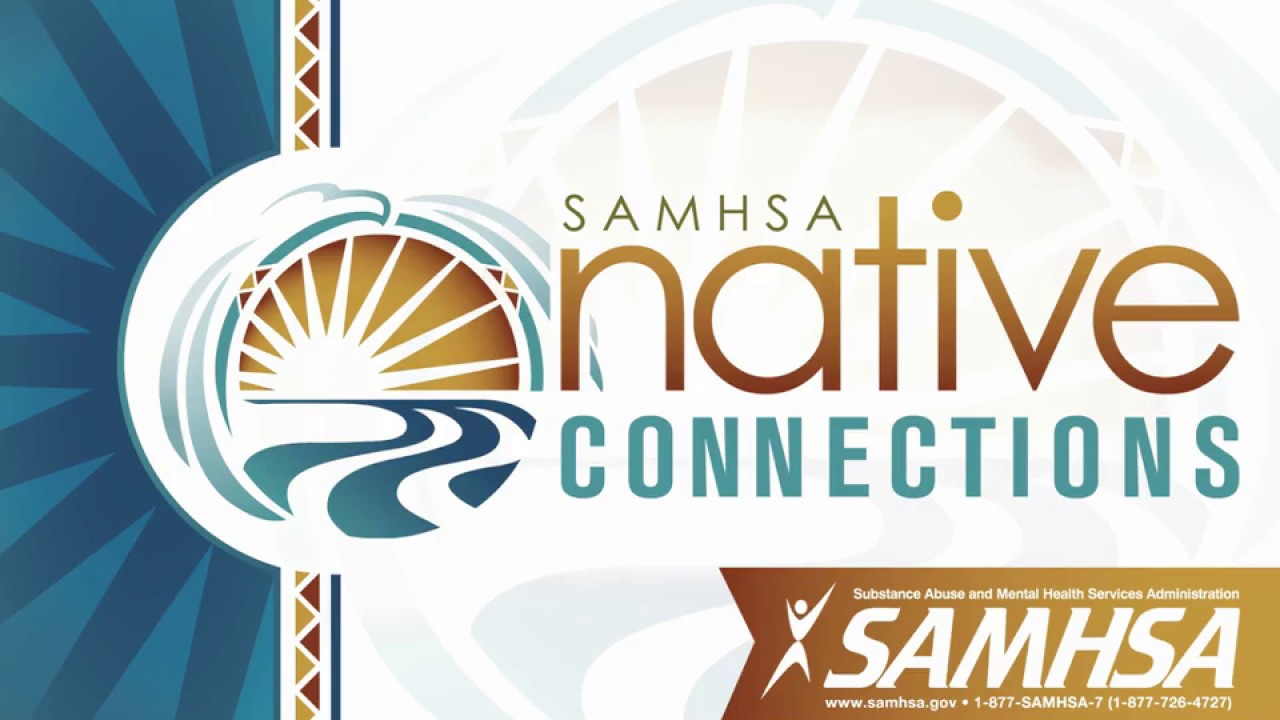In one form or another we’ve all experienced some sort of social stigma or discrimination in our lives. Some examples include being judged on social status, culture, gender, physical health, and sexuality. Another common, but often overlooked area of stigma is mental health.
You might be asking yourself, what exactly is mental health stigma? Erving Goffman, in Stigma: Notes on the Management of Spoiled Identity (1963), states that stigma is “an attribute that is deeply discrediting” and that reduces someone “from a whole and usual person to a tainted, discounted one.” Within this broad definition there are barriers and discrimination placed on people experiencing mental or behavioral disorders or “social stigma.” There is also what is called “self-stigma” where the person internalizes the social stigma and might feel inadequate about their own condition.
Ways we can stop the stigma around mental health; according to the National Alliance on Mental Illness there are nine ways we can fight against the stigma around mental health. They are:
- Talk openly about mental health and the services and resources we have around us to help.
- Educate yourself and others about mental health illnesses and how to help someone in a mental health crisis.
- Be aware of language you use to describe yourself or someone who experiences mental health illnesses or behavioral disorders.
- Encourage equality between physical and mental illness. We don’t judge people on other illnesses like cancer, diabetes, or acne; we shouldn’t judge people for their mental illness either.
- Show compassion and empathy for those with mental illness and the journey that they are on.
- Choose empowerment over shame. Allow people to tell their own story and know that not all stories are that same. We are all on our own journey.
- Be honest about treatment and know that’s it’s okay to get help. Let the media know when they are being stigmatizing and stand up for those who this could negatively effect.
- Beware of self-stigma, which can negatively affect self-esteem.
Tough times happen and we are here for you. Please reach out.
Local Resources:
- Southern Ute Health Center: Behavior Health, 69 Capote Drive, Ignacio, CO 970-563-4581. For local Native Americans. Call to schedule an appointment.
- Southern Ute Division of Social Services: 116 Capote Drive, Ignacio, CO 970-563-2331 for local Native Americans needing assistance with child welfare needs and family support.
- St Ignatius Catholic Church: Pastor Cesar Arras, 14826 CO-172, Ignacio, CO 970-563-4241.
- Ignacio Community Church: Pastor Randall Haynes 405 Browning Ave, Ignacio, CO (currently located inside ELHI) 970-759-3633
- Clarity Coaching and Counseling: Jessaca Cassady 970-903-3354 – Services in Bayfield and Ignacio
- Second Wind Fund of the Four Corners: believes that every child and youth at risk of suicide should have access to the mental health treatment they need. They match children and youth at risk for suicide with licensed therapists in their communities, 720-962-0706.
- Women’s Resource Center: creates personal, social and professional growth opportunities for all women in La Plata County, 970-247-1242.
State or National Resources- All are 24/7.
- Colorado Crisis Line: 844-493-8255 or Text “TALK” to 38255. You’ll immediately be put in contact with a trained counselor, ready to text with you about anything.
- Man Therapy: is designed to help men deal with issues like depression, anxiety, anger and suicidal thoughts. ManTherapy.org
- New Mexico Crisis Line: for support and resources call 855-662-7474.
- The National Suicide Prevention Lifeline: has both an online chat and 24/7 phone line at 1-800-273-8255 if you are thinking of suicide or need help for a loved one.
- The Trevor Project: which seeks to serve LGBT youth, has a 24/7 suicide prevention line at 866-488-7386.
- Trans Lifeline: hosts a unique program which offers peer counselors to transgender people thinking of suicide 877-565-8860.
We are the people and the people are you! Want to help and be a part of the change? Looking for community members and youth to join the Community Board tasked to reduce youth substance usage, eliminate mental health stigma and start the discussion around suicide and prevention.
Upcoming Community Board Meeting: Jan. 29th, Dinner served at 5:30pm, meeting starts at 6pm-8pm at the Southern Ute Multi-Purpose Facility.
Contact Precious Collins, Native Connections Program Coordinator for more information:970-563-2487.
Upcoming Trainings:
Youth Mental Health First Aid Training- March 13th 8am-5pm at the SunUte Community Center. Please register with Precious Collins 970-563-2487.

